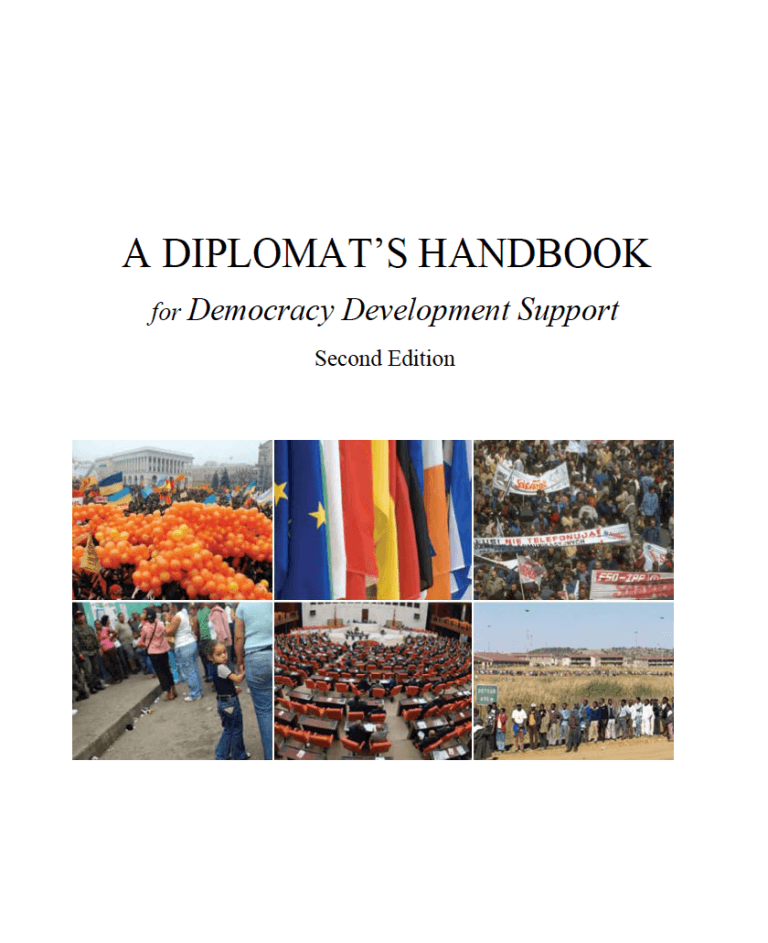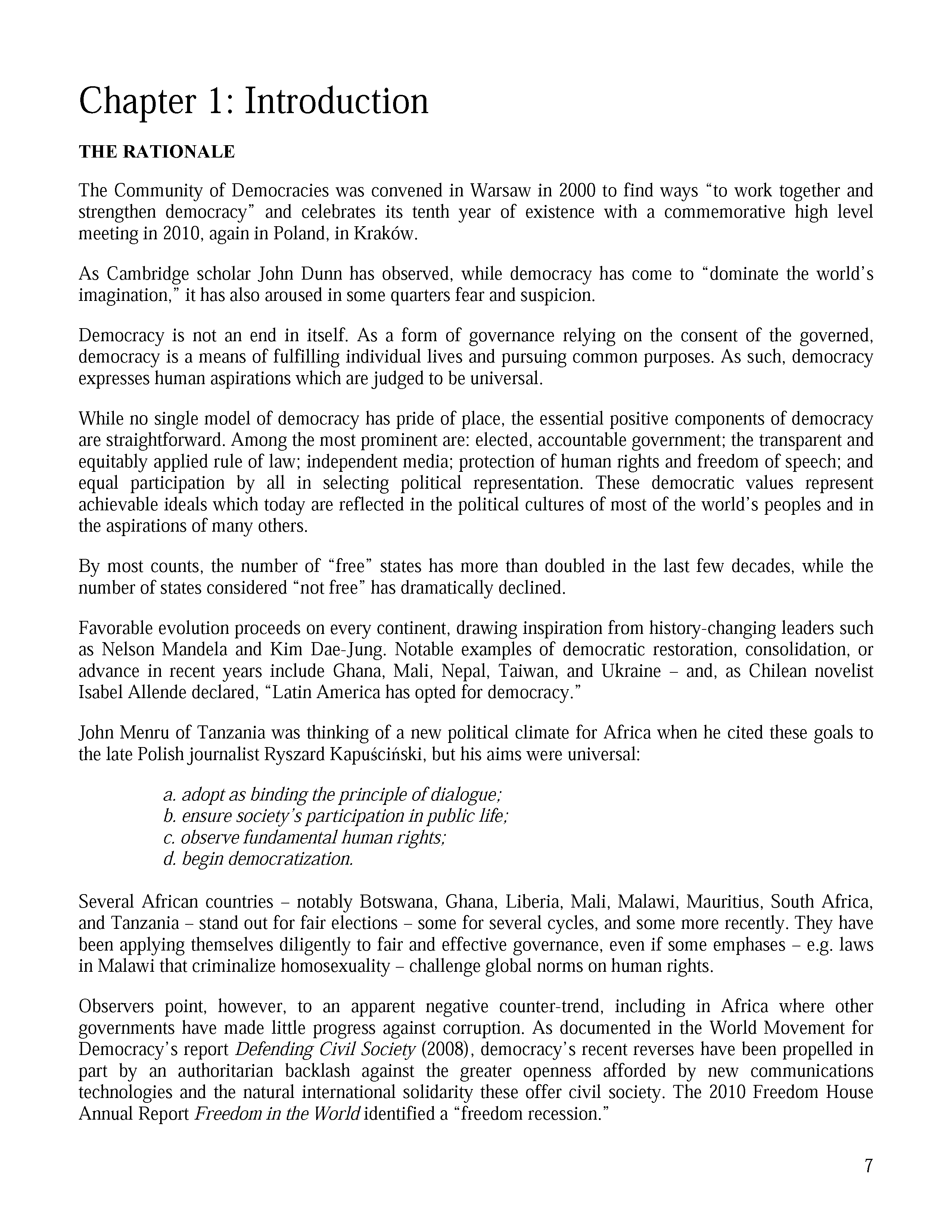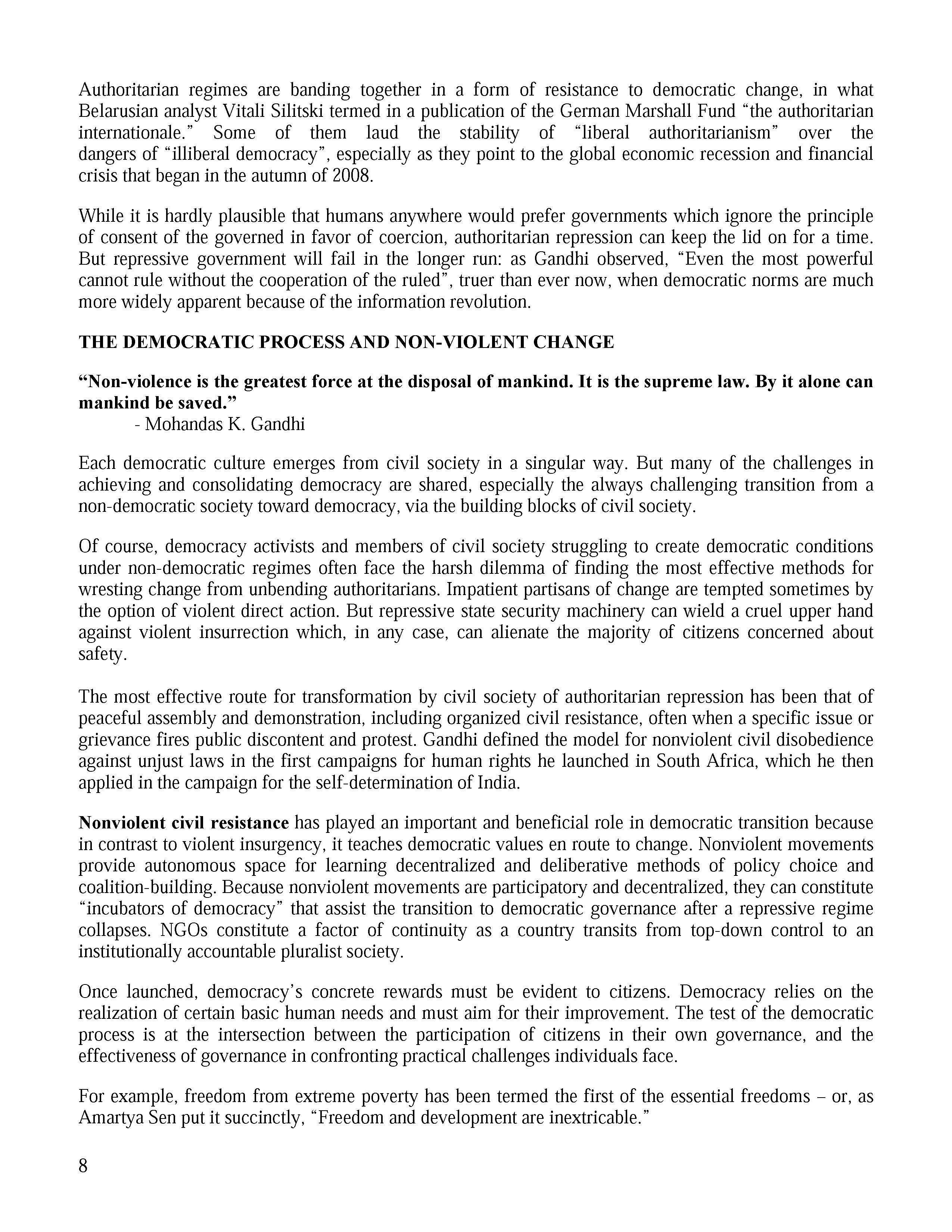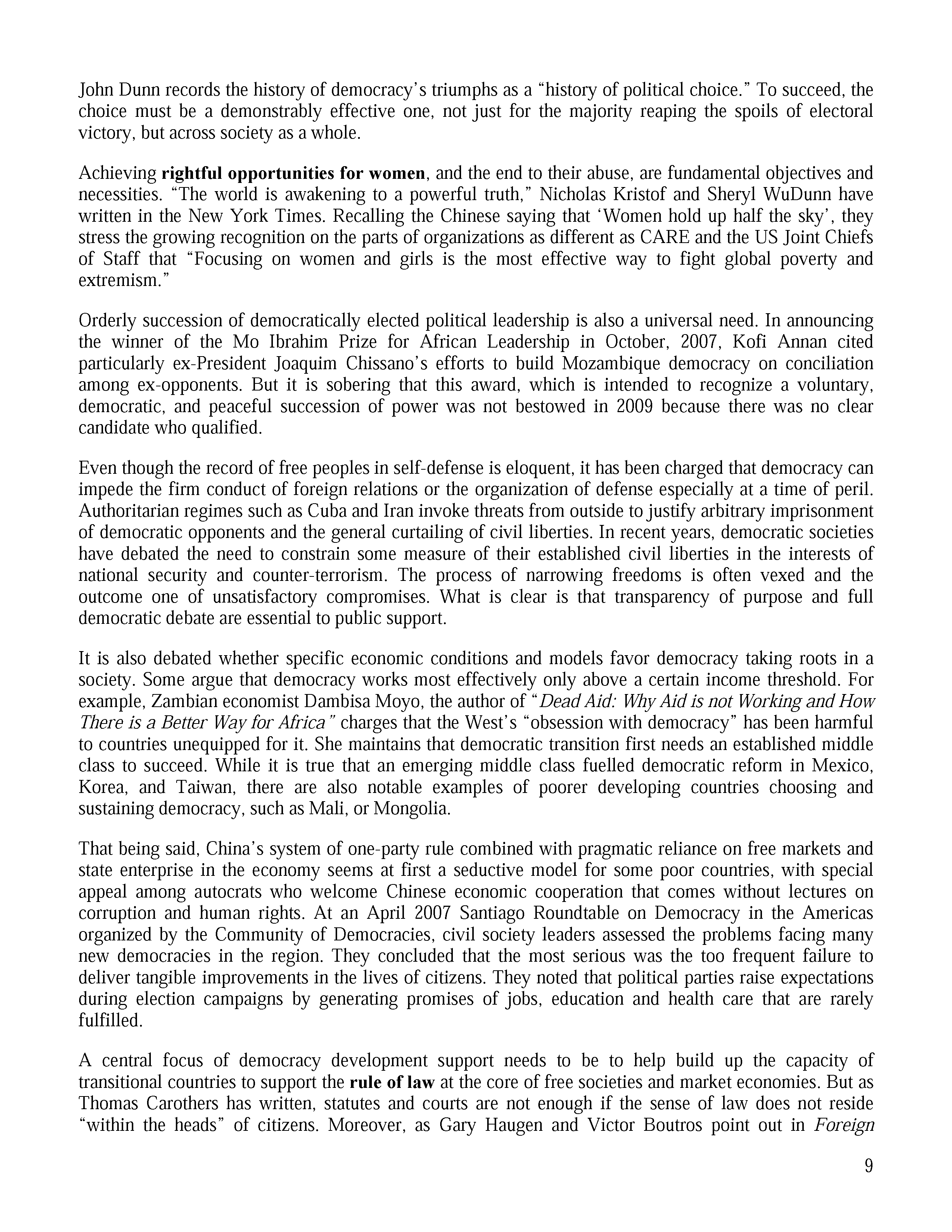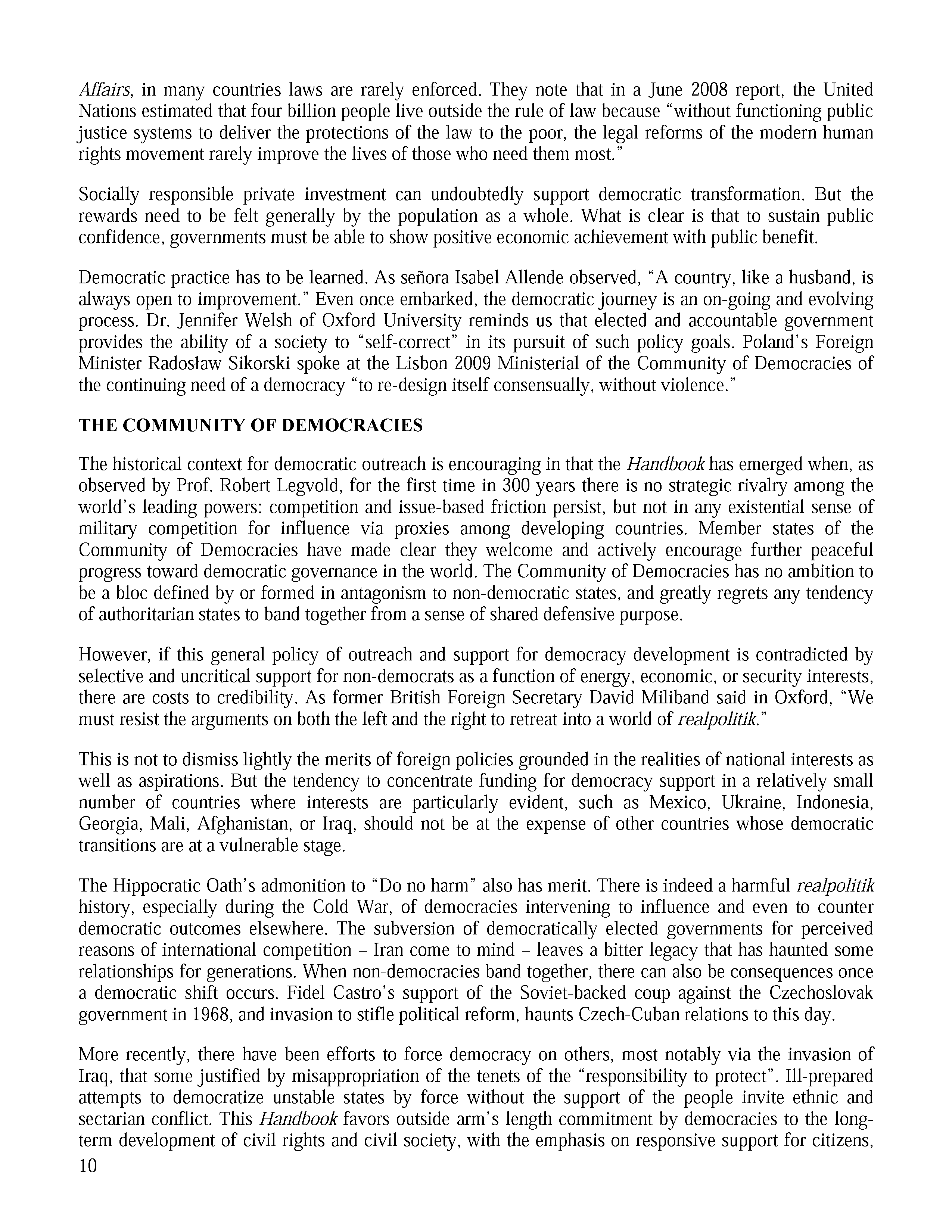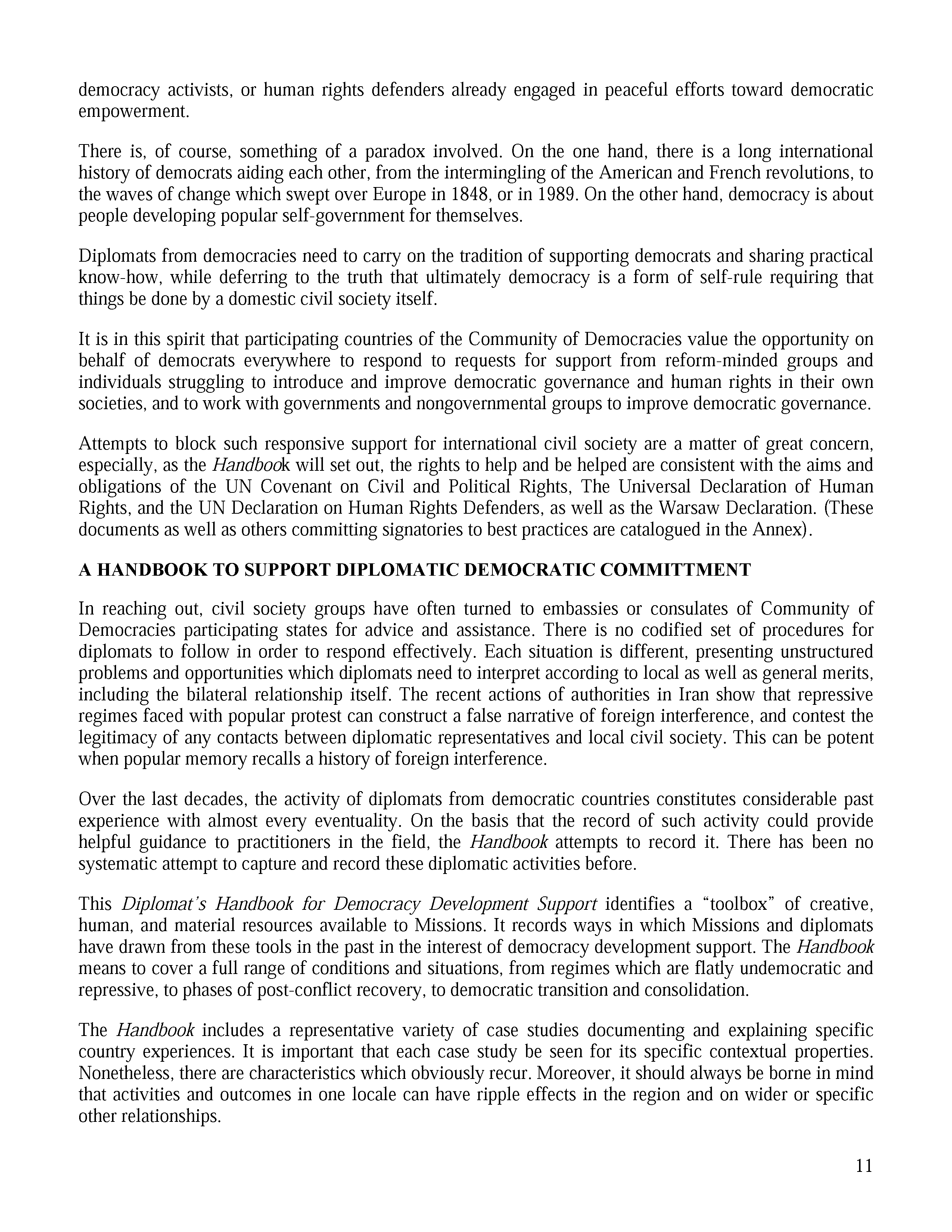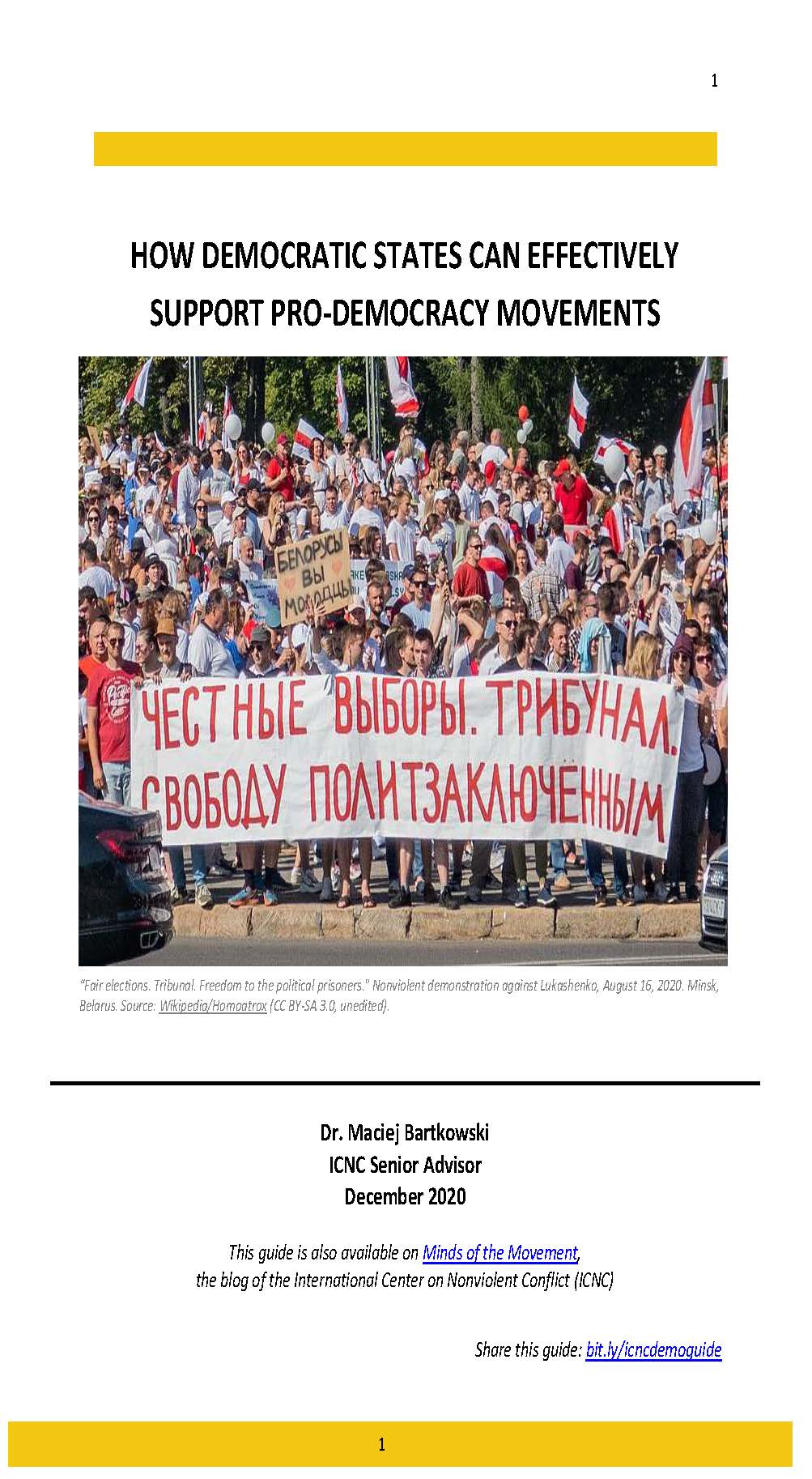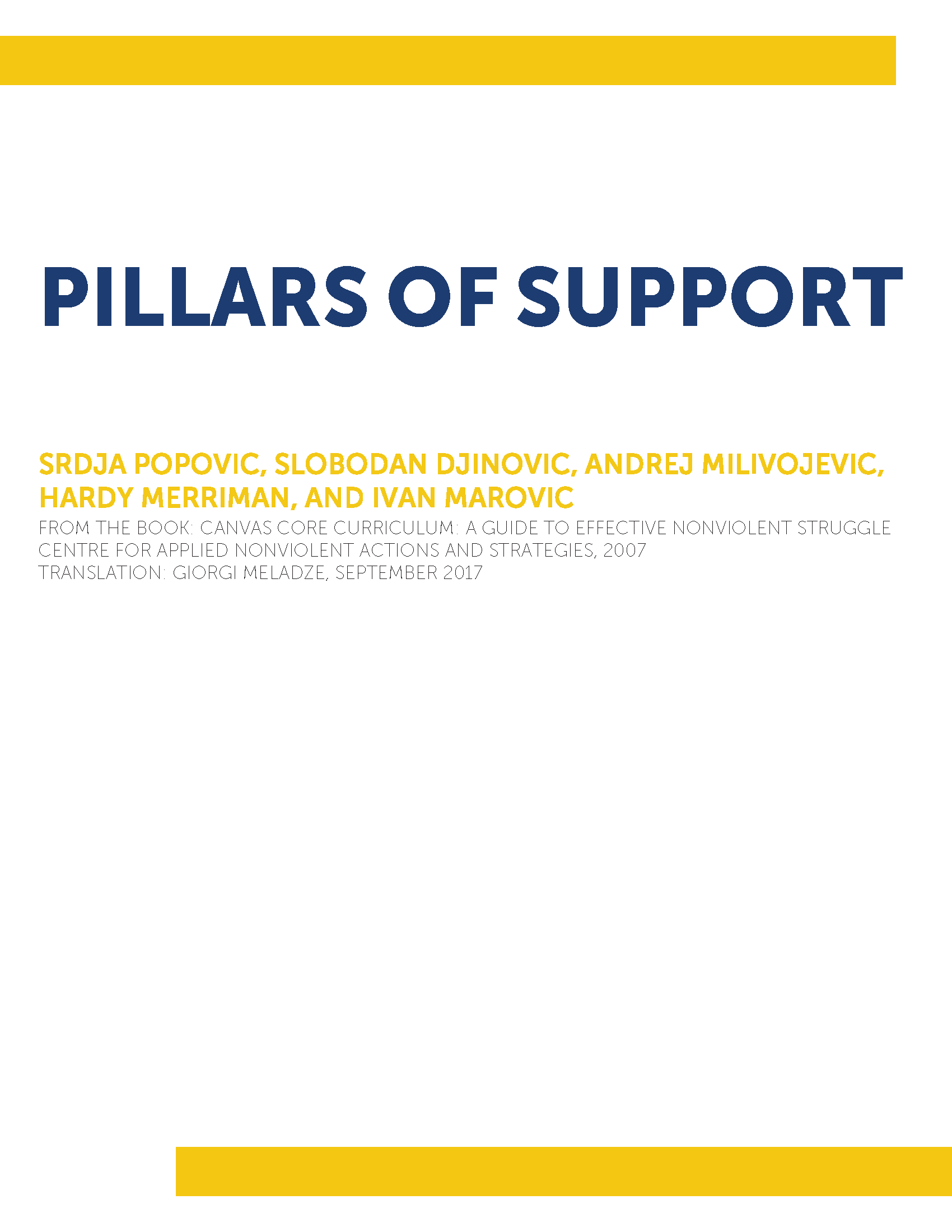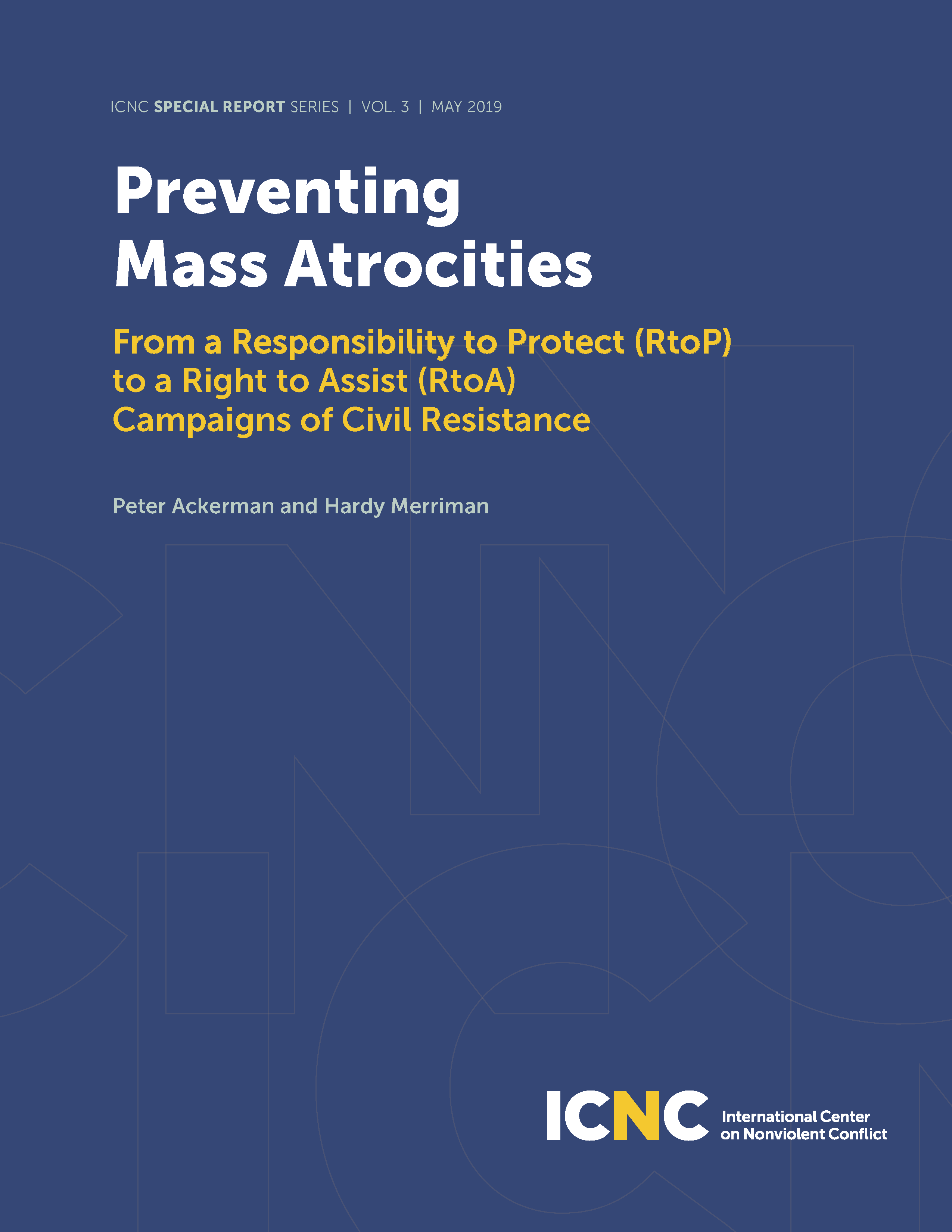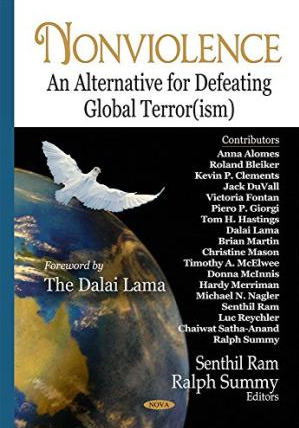A Diplomat’s Handbook for Democracy Development Support, Second Edition
Civil society groups have often turned to embassies or consulates of Community of Democracies participating states for advice and assistance. There is no codified set of procedures for diplomats to follow in order to respond effectively. Each situation is different, presenting unstructured problems and opportunities which diplomats need to interpret according to local as well as general merits, including the bilateral relationship itself. The recent actions of authorities in Iran show that repressive regimes faced with popular protest can construct a false narrative of foreign interference, and contest the legitimacy of any contacts between diplomatic representatives and local civil society. This can be potent when popular memory recalls a history of foreign interference.
Over the last decades, the activity of diplomats from democratic countries constitutes considerable past experience with almost every eventuality. On the basis that the record of such activity could provide helpful guidance to practitioners in the field, the Handbook attempts to record it. There has been no systematic attempt to capture and record these diplomatic activities before.
This Diplomat’s Handbook for Democracy Development Support identifies a “toolbox” of creative, human, and material resources available to Missions. It records ways in which Missions and diplomats have drawn from these tools in the past in the interest of democracy development support. The Handbook means to cover a full range of conditions and situations, from regimes which are flatly undemocratic and repressive, to phases of post-conflict recovery, to democratic transition and consolidation.
Council for a Community of Democracies, 2010
Project Head: Ambassador Jeremy Kinsman
Director of Research: Kurt Bassuener
